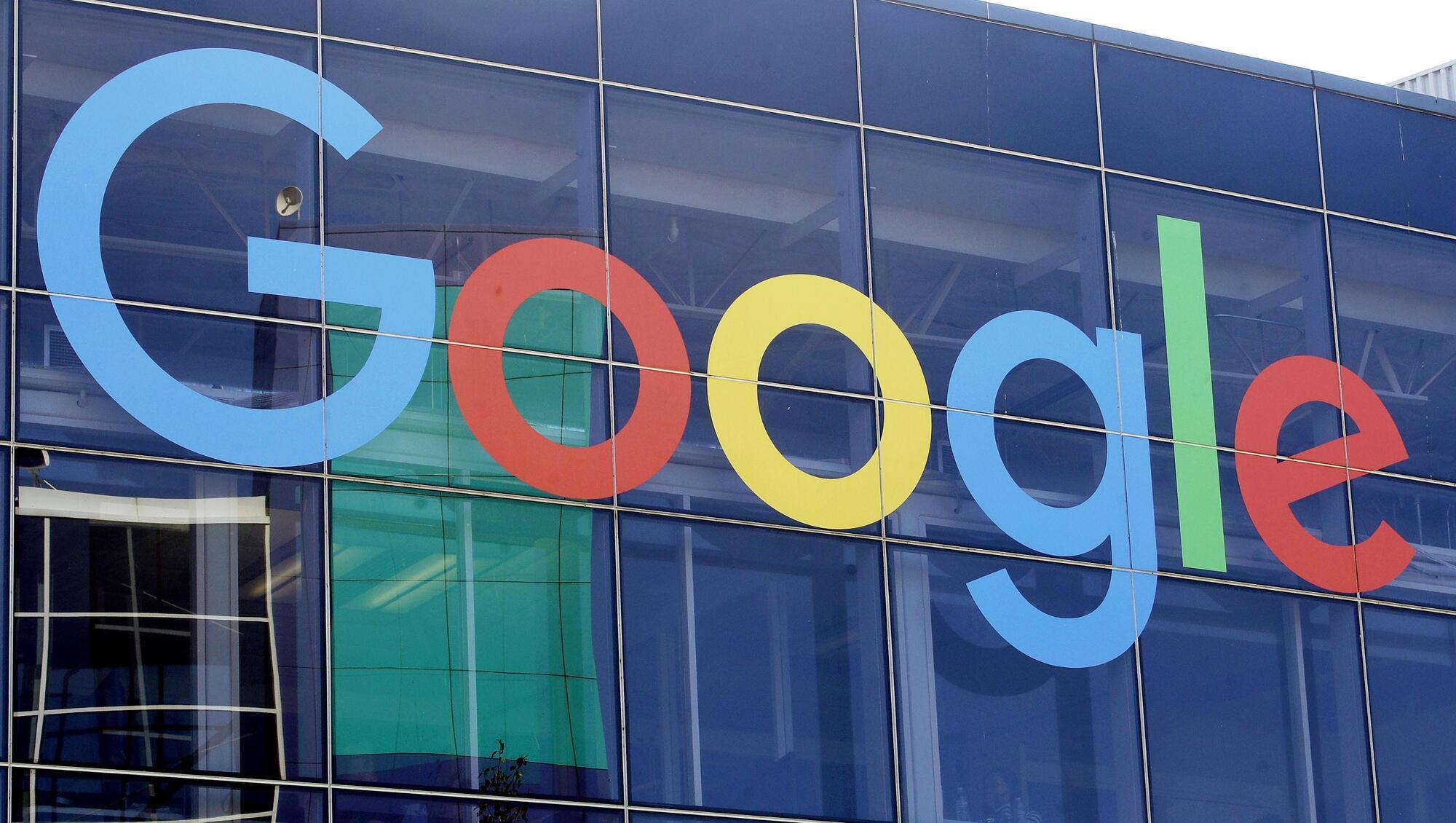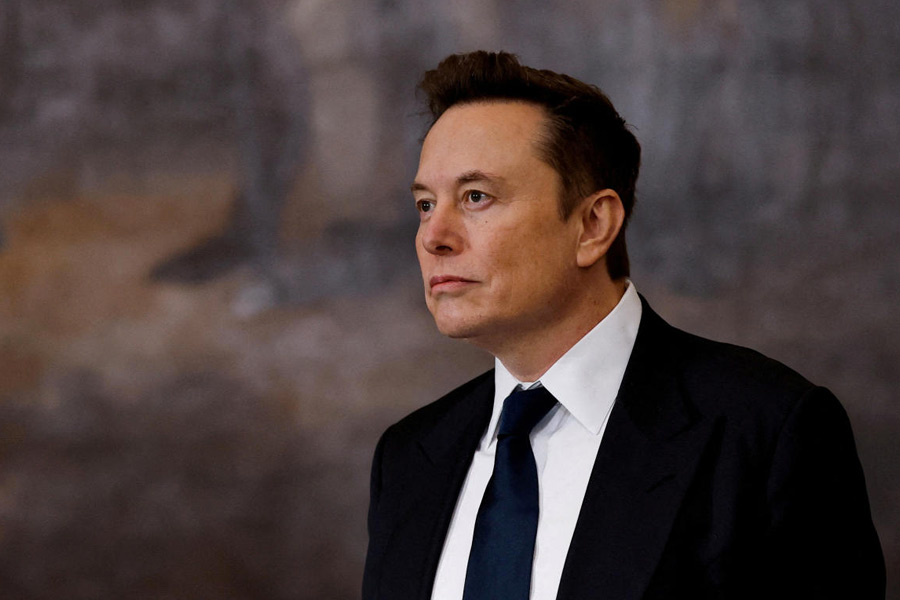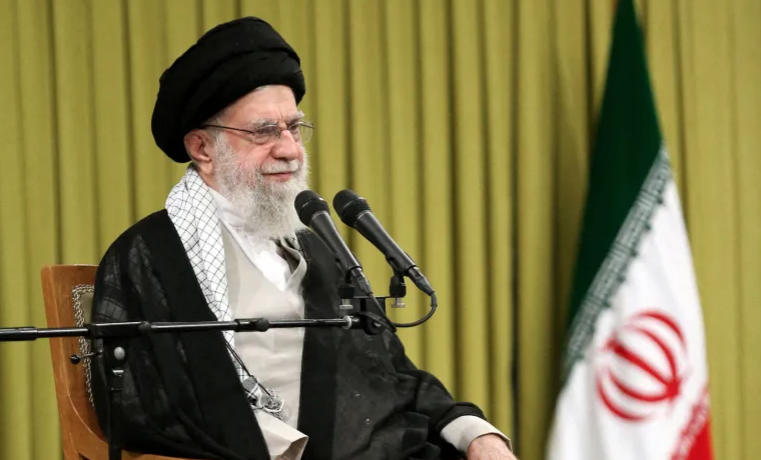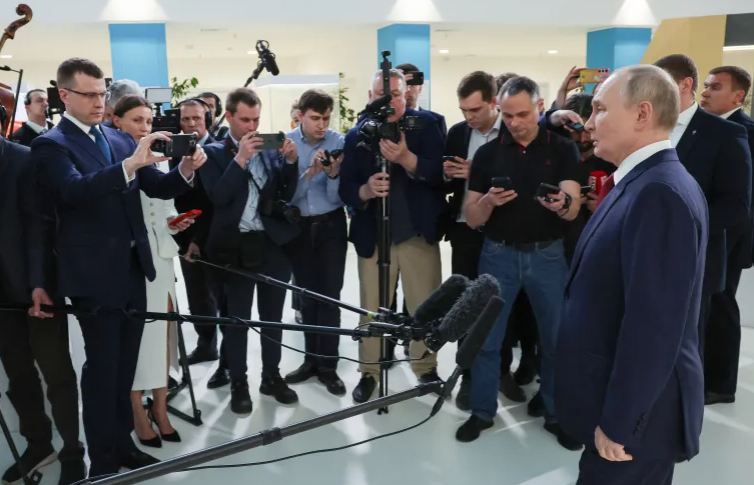WORLD NEWS
Google Unveils Major AI Innovations at I/O Conference Amid Market Share Pressure and Antitrust Challenges

Alphabet’s (GOOGL.O) annual Google I/O developer conference began on Tuesday with a spotlight on artificial intelligence, marking a renewed sense of urgency as the tech giant strives to defend its dominance in internet search and advertising.
The rise of generative AI—spurred by rivals such as Microsoft-backed OpenAI—has disrupted Google’s historic role as the primary gateway to online information. After initially lagging behind competitors’ AI chatbots, Google’s executives, including CEO Sundar Pichai, have emphasized their leading position with the Gemini class of AI models, which top industry leaderboards.
With AI chatbots maturing in consumer use, investors are watching closely to see how aggressively Google will leverage AI to disrupt its core search advertising business, which generated the bulk of its $350 billion revenue in 2024.
Google faced a significant setback this month when it lost $150 billion in market value after an Apple executive testified in an antitrust trial that Google’s AI offerings had contributed to a decline in searches on Apple’s Safari browser—a first in history. Analysts are revising Google’s traditional 90% search market share down to 65-70% when factoring in AI chatbot usage, with some predicting it could drop below 50% within five years.
Legal pressures add to Google’s challenges, including Justice Department antitrust cases seeking to force divestments like the Chrome browser.
Despite this, Alphabet is ramping up AI investments sharply, projecting $75 billion in capital expenditures for 2025, up from $52.5 billion in 2024. CEO Pichai reaffirmed this commitment amid ongoing market uncertainties.
Google has integrated AI increasingly into its core search engine, introducing features like AI Overviews—generative summaries that appear above traditional search results—and AI Mode, which uses AI intensively to handle complex queries. The conference is expected to reveal further enhancements, including progress on a “universal AI agent.”
Last year, Google previewed Project Astra, a tool enabling users to interact in real-time with their smartphone camera via AI.
Monetization efforts continue cautiously, with Google experimenting with ads in AI Overviews since last May and growing its Google One subscription service, which now boasts over 150 million users, partly driven by a $19.99 monthly tier offering exclusive AI capabilities.
Google’s I/O announcements underscore its race to stay relevant in an AI-driven internet future amid fierce competition and regulatory scrutiny.




